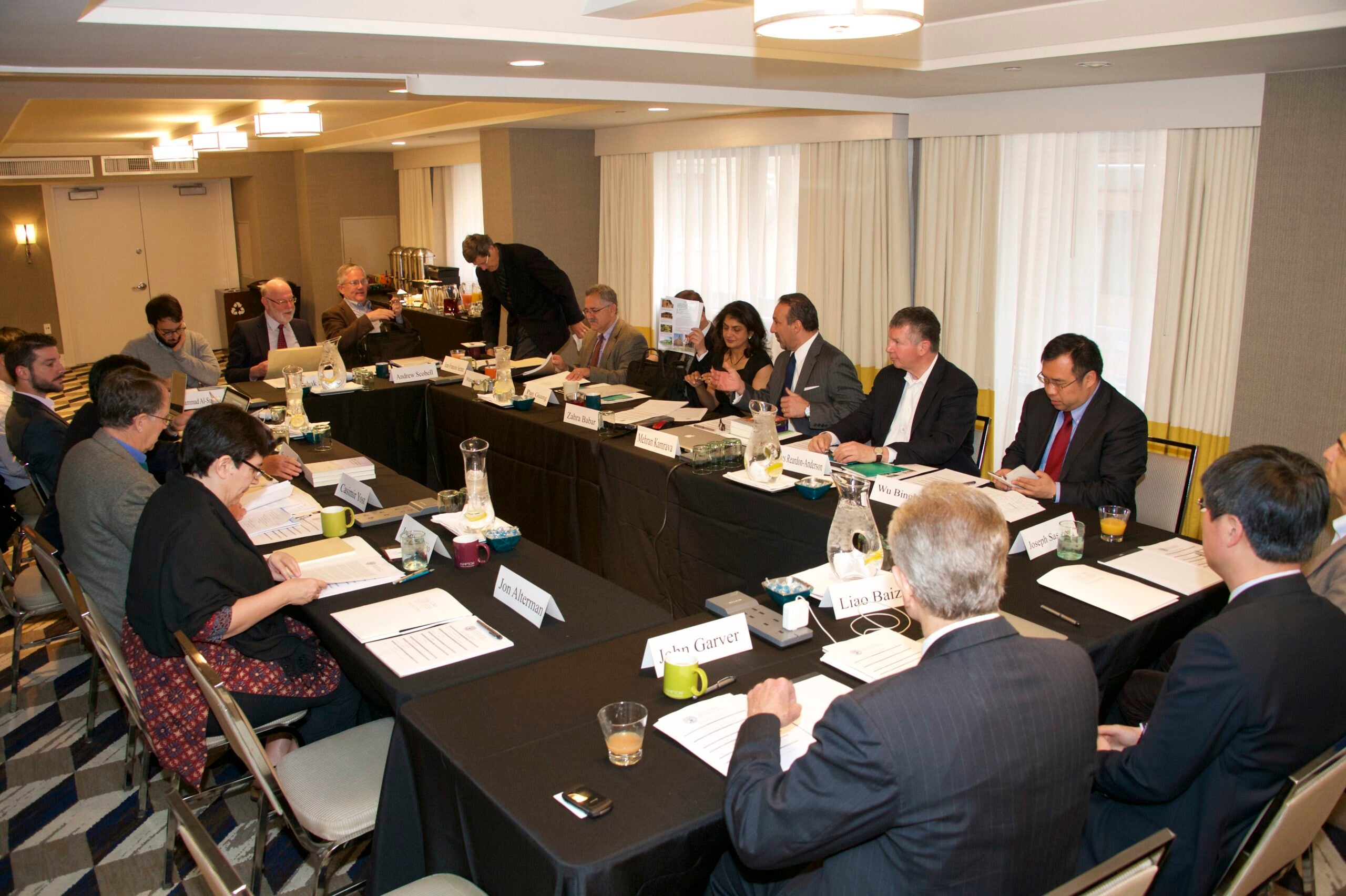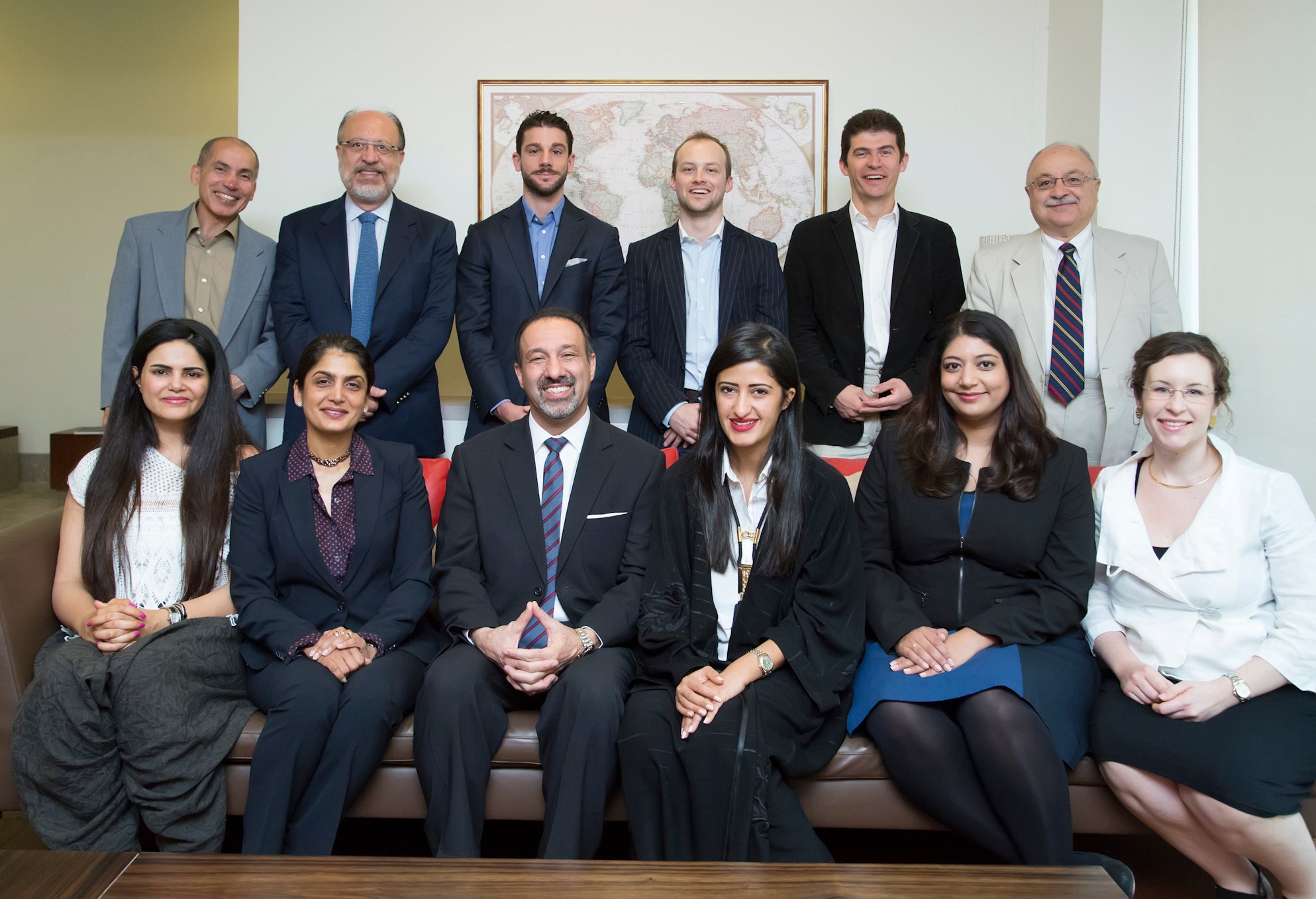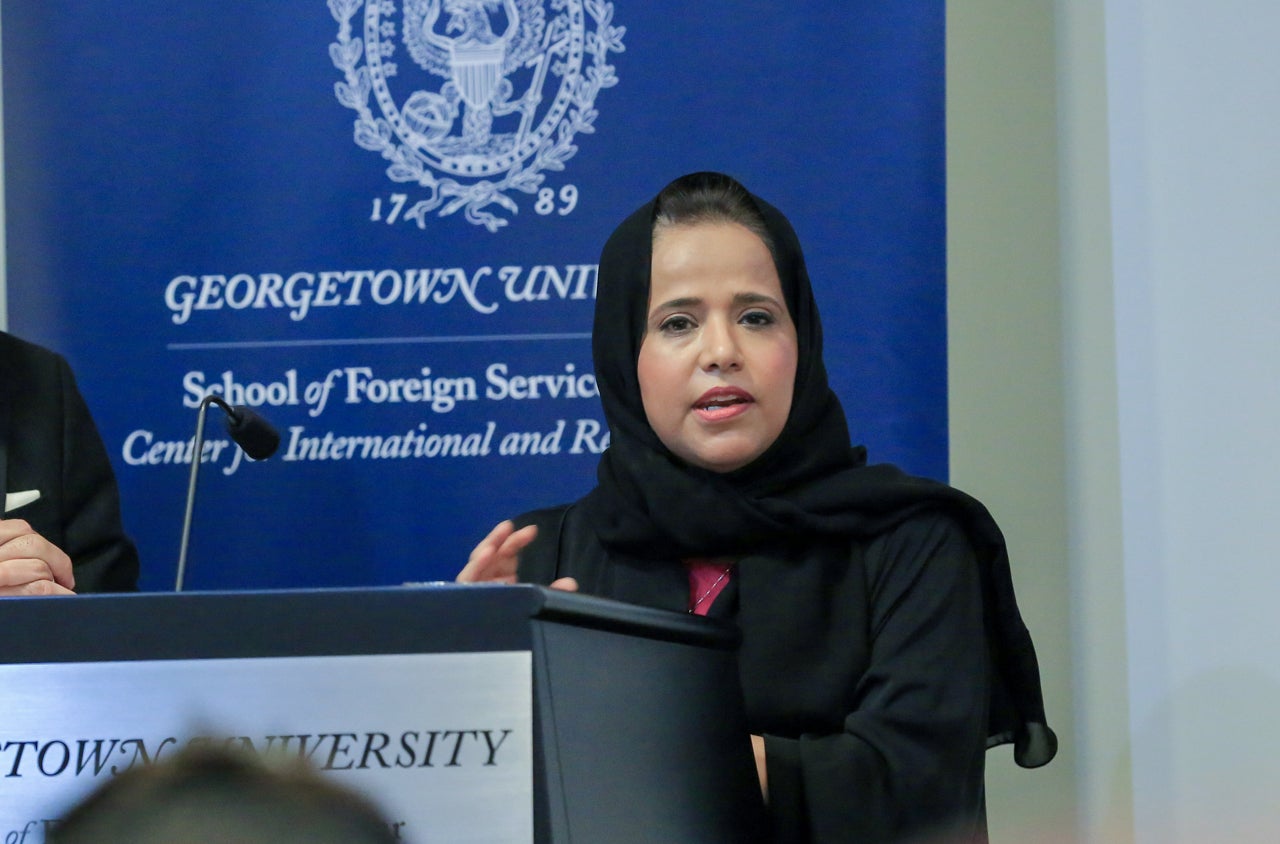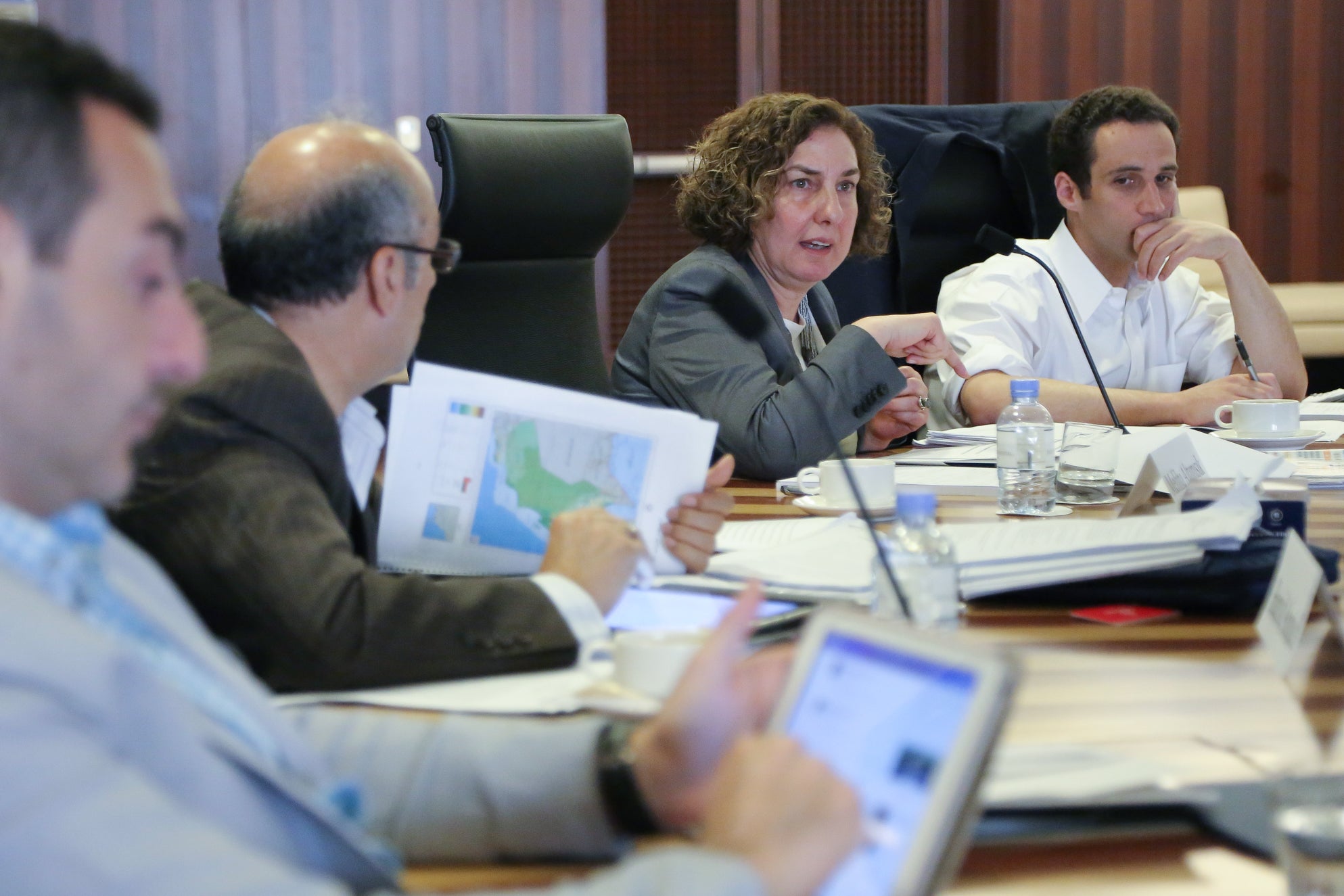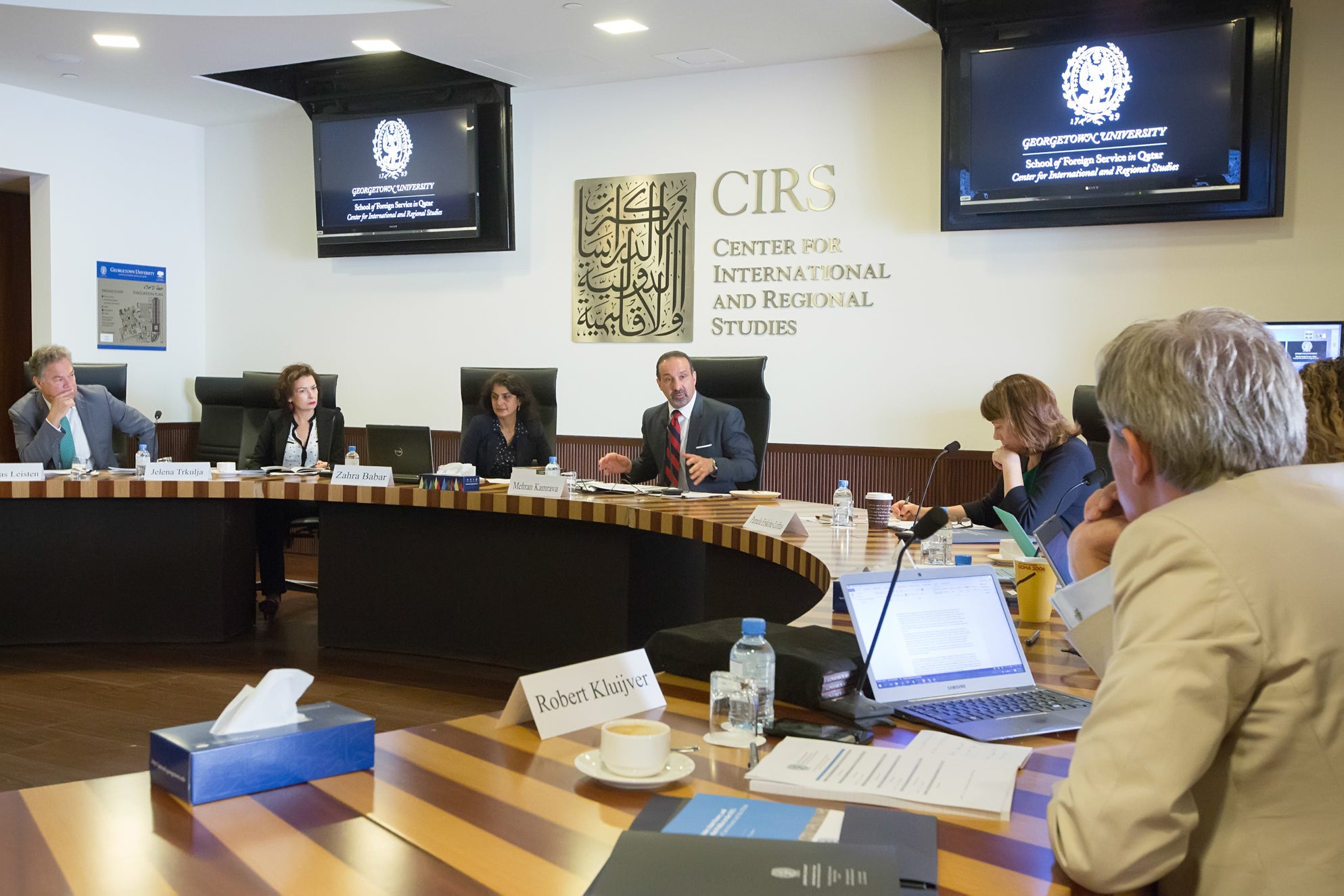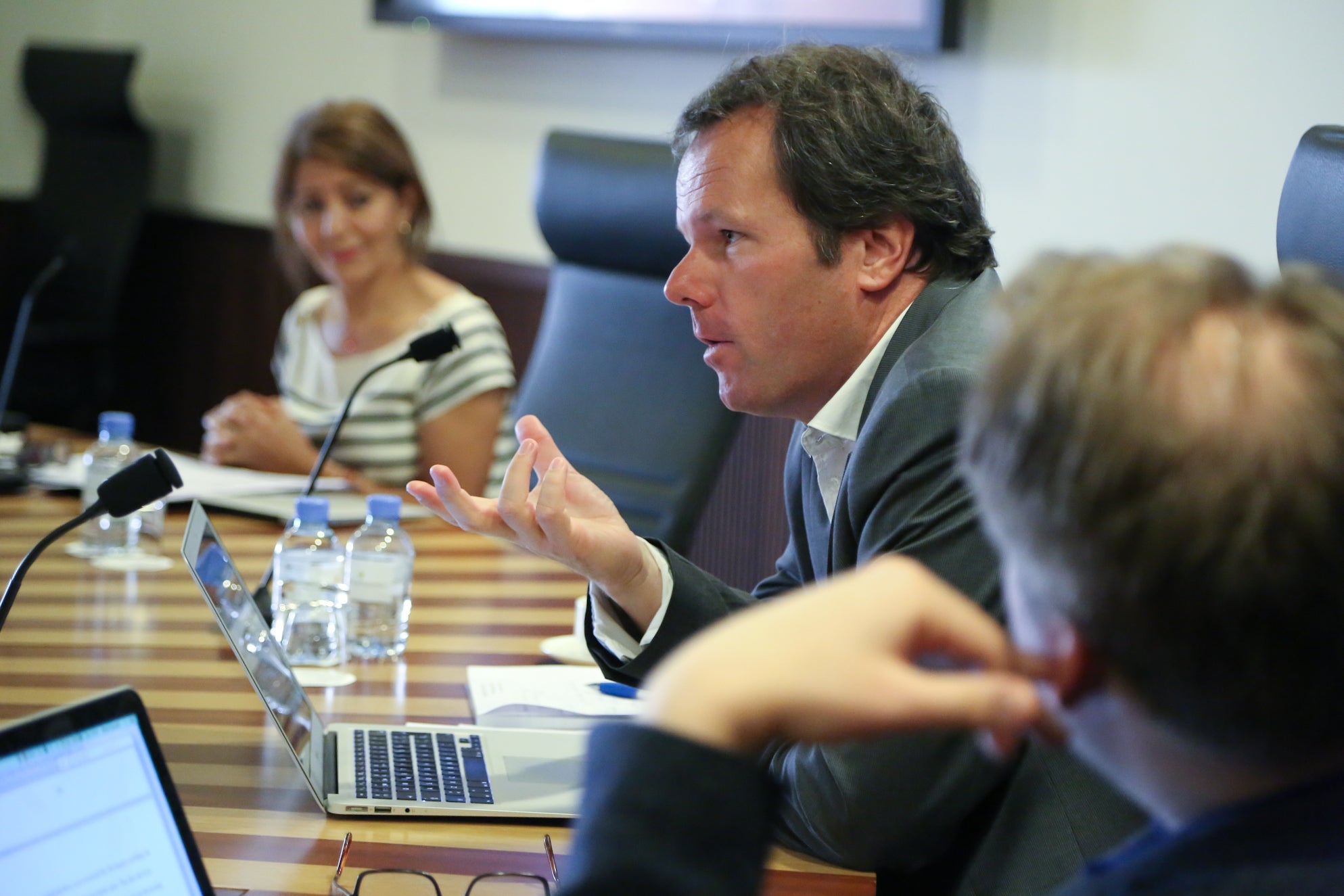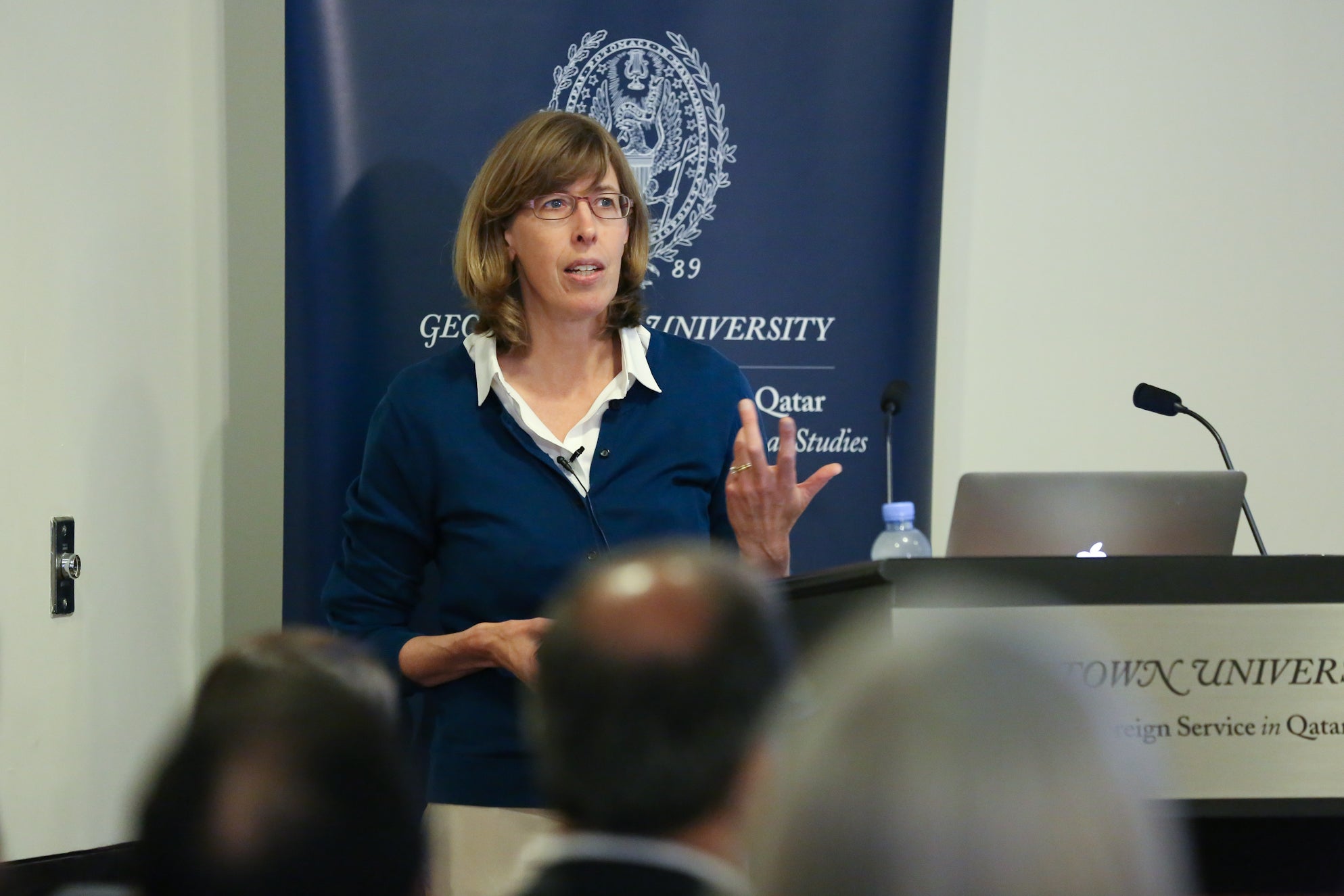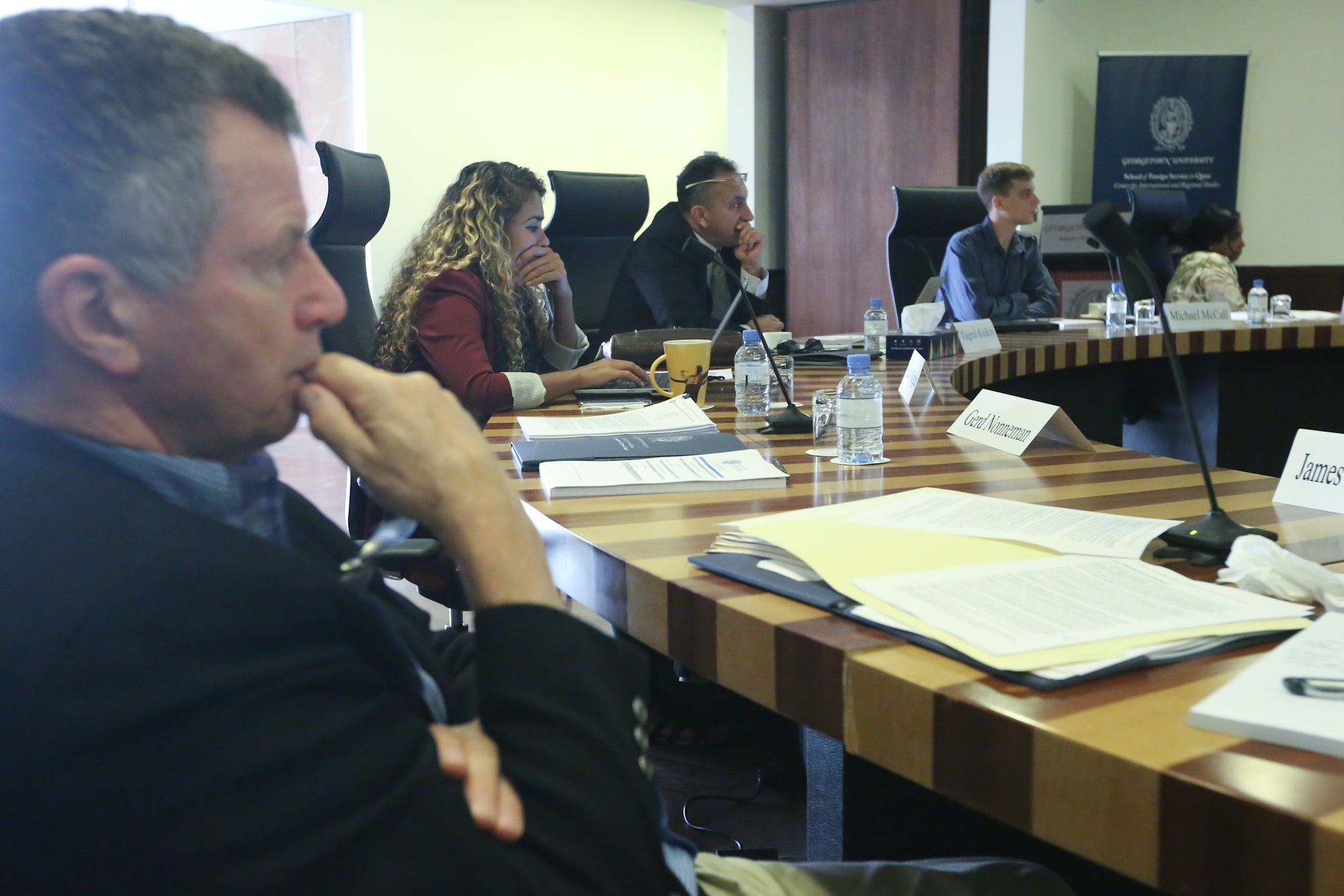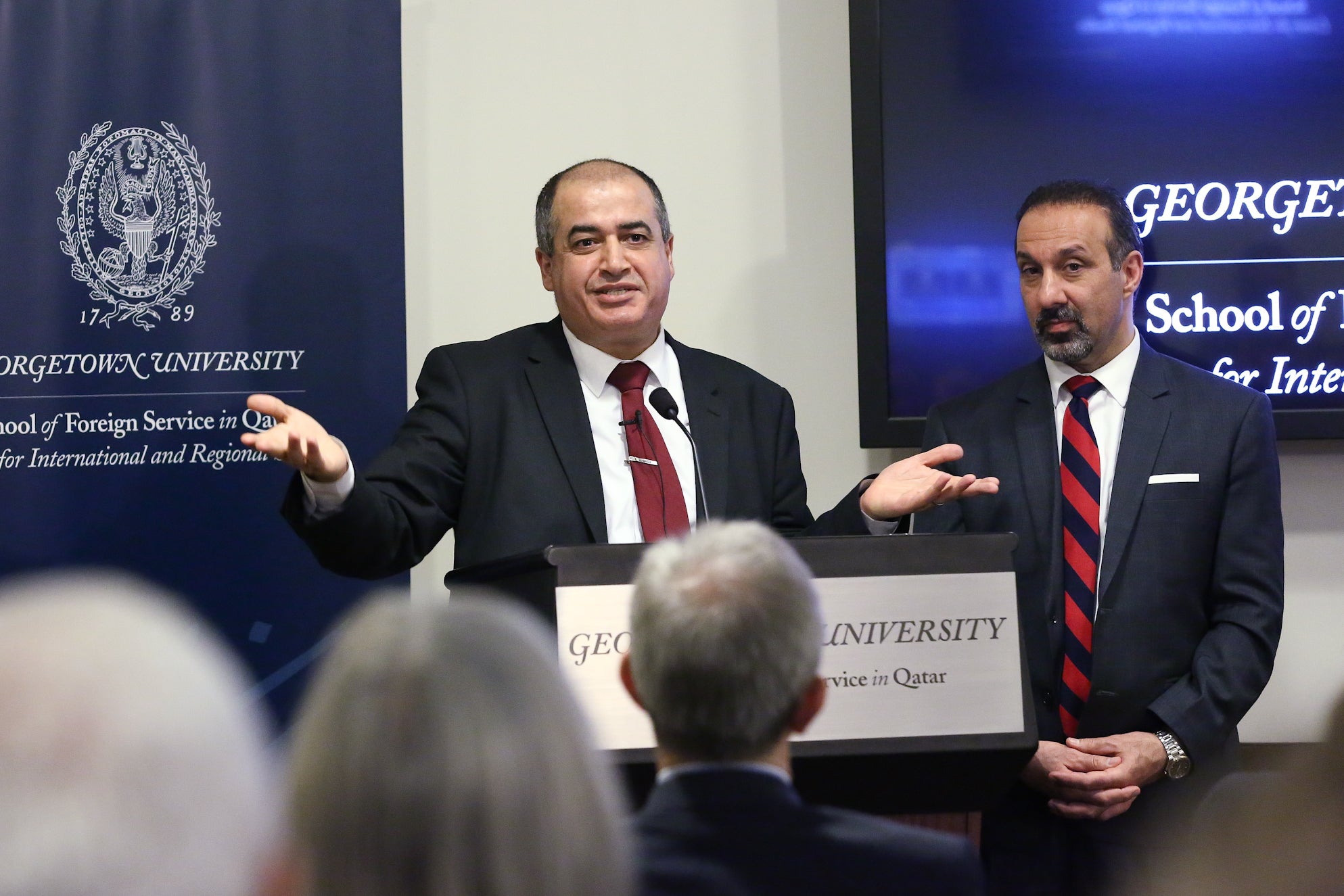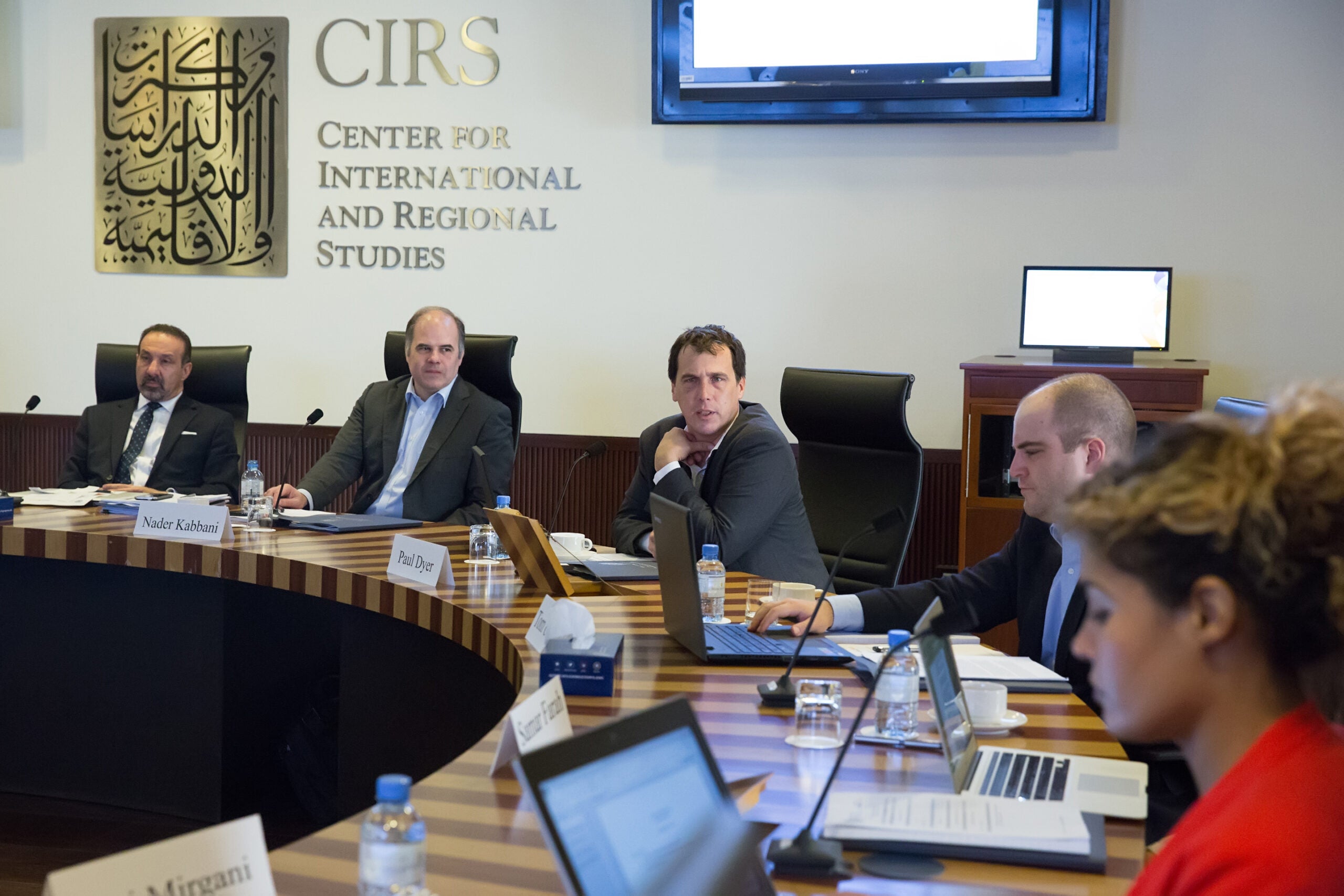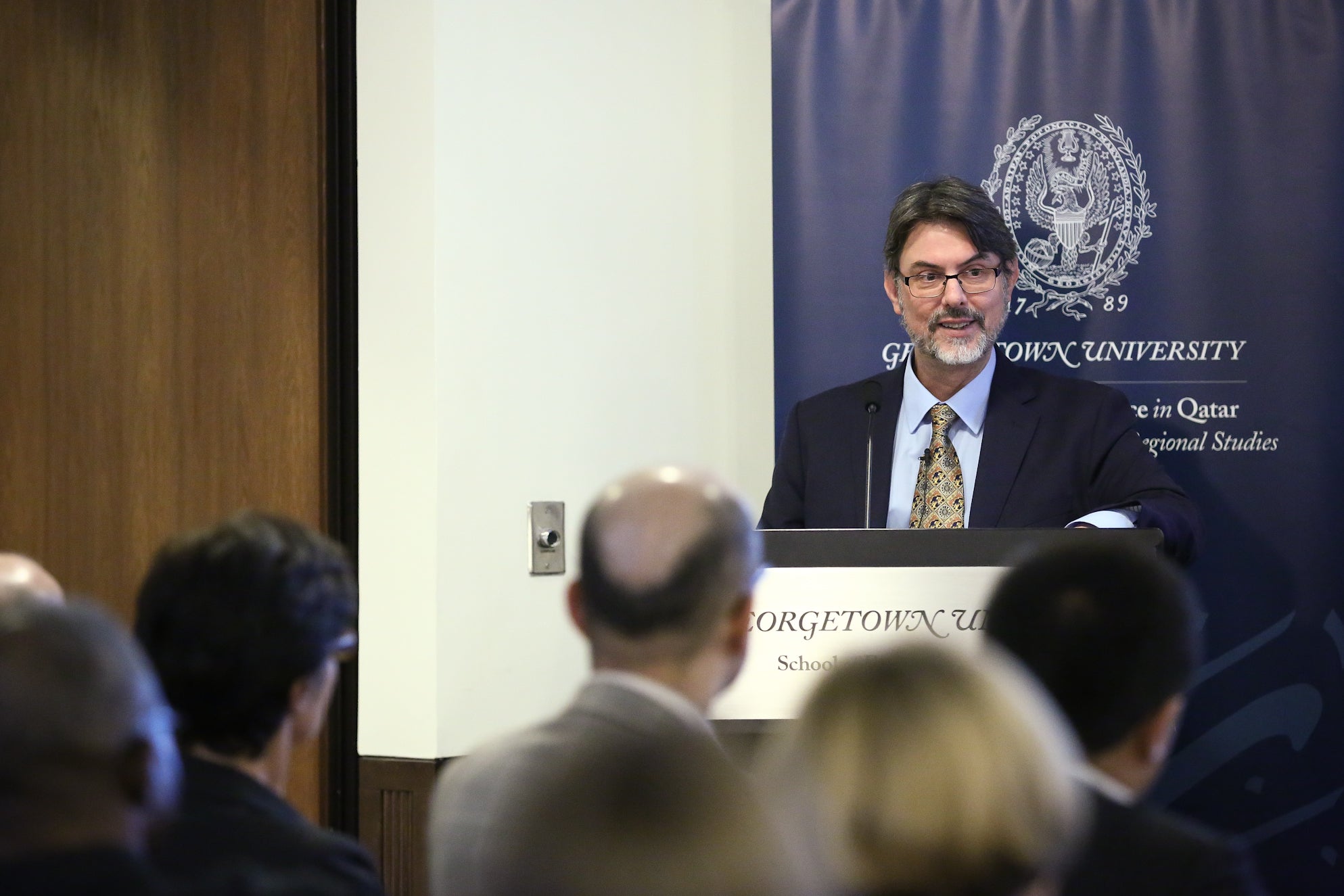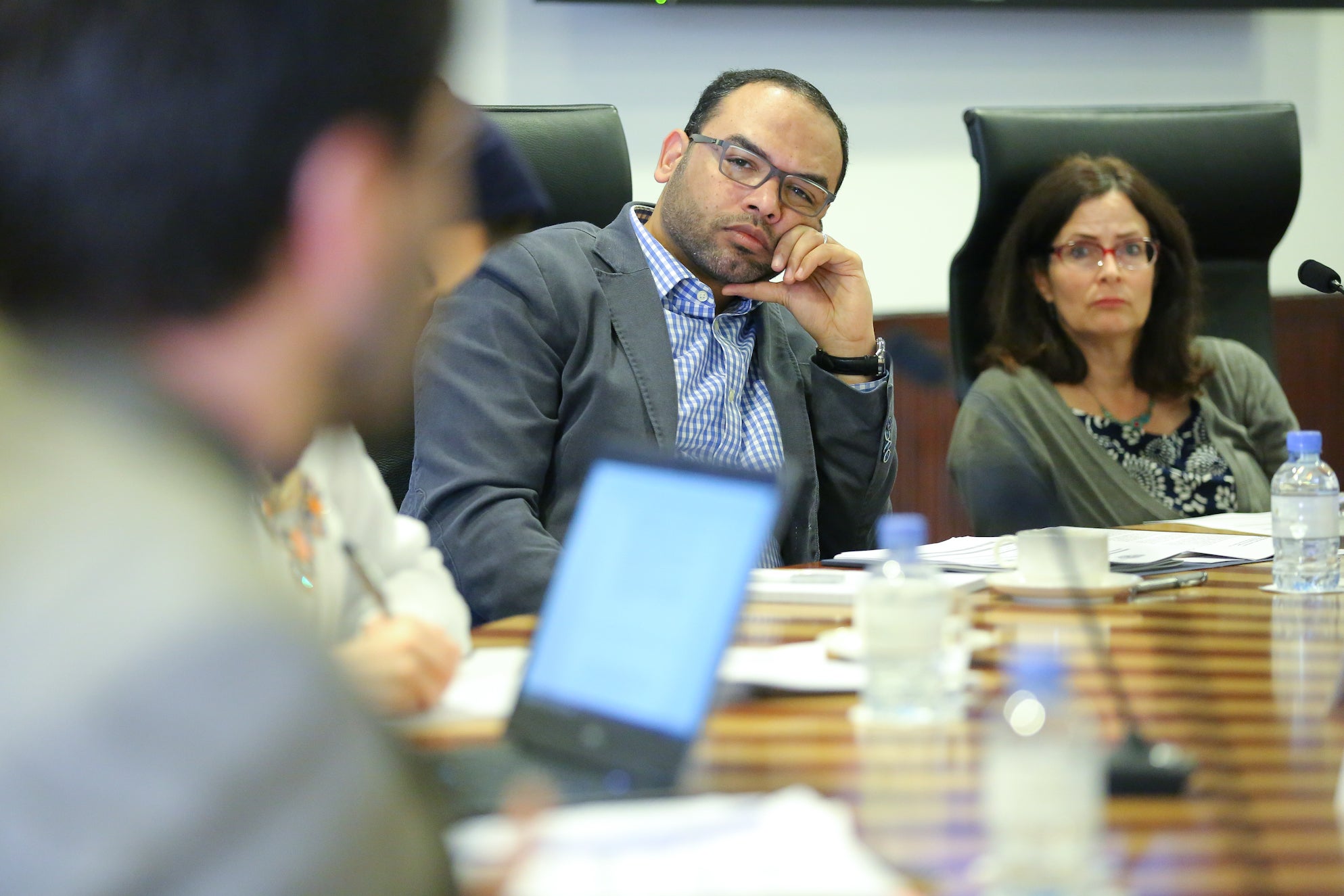China and the Middle East: Working Group Meeting I
On April 25-26, 2015, the first working group meeting of CIRS’ research initiative on “China and the Middle East” took place. A diverse, multi-disciplinary collective of scholars from China, the Middle East, the US, and elsewhere met in Washington, D.C., over the course of two days, to discuss the main features, trends, and implications of this…
